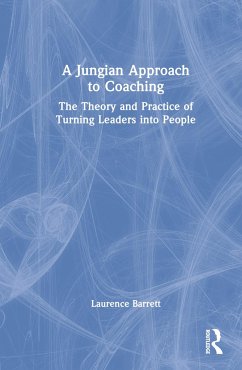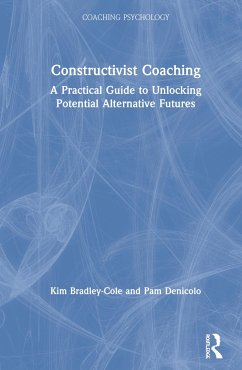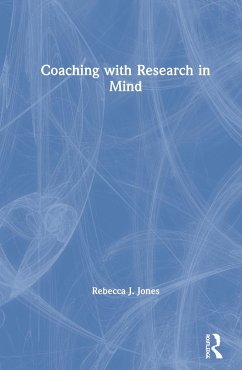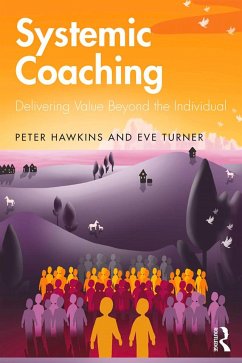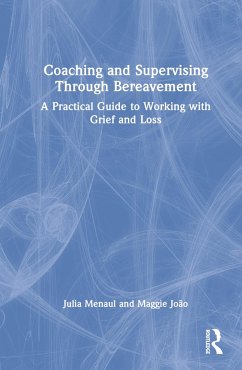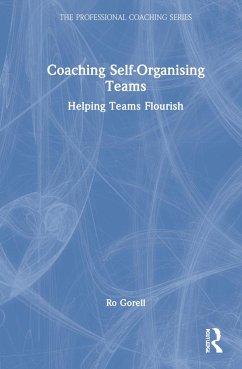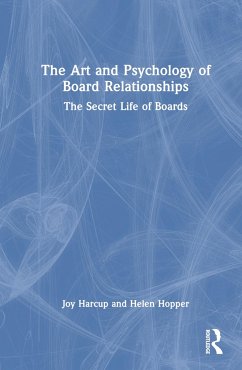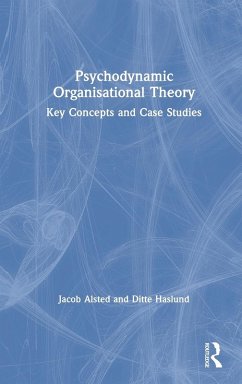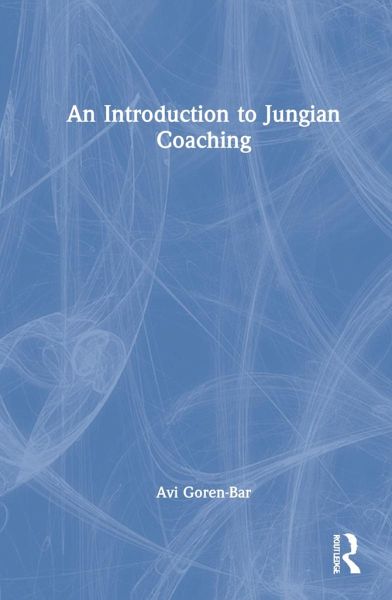
An Introduction to Jungian Coaching
Versandkostenfrei!
Versandfertig in 1-2 Wochen
162,99 €
inkl. MwSt.
Weitere Ausgaben:

PAYBACK Punkte
81 °P sammeln!
Based on the psychology of Carl Jung, this illuminating new book invites coaches to extend their toolbox with deep, creative and efficient professional methods which derive from a new perspective on coaching. Jungian Coaching can be applied in evaluating the coachee, the team and the corporation.




